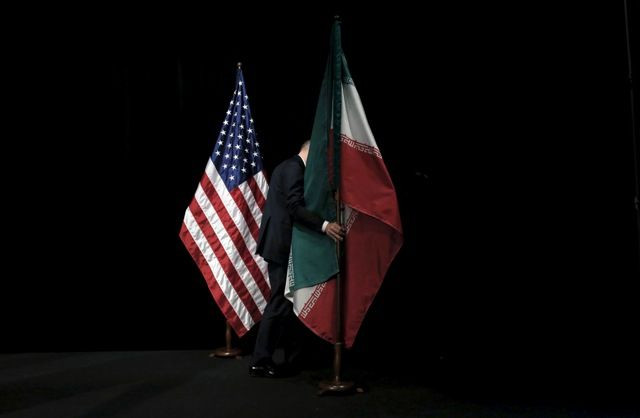British Finance Minister Accused Israel Of Purposely Not Mending Ties With Iran

Later on Wednesday, British Finance Minister Philip Hammond announced that he would be visiting Israel to have discussions on Iran nuclear deal and his plans to reopen British embassy in Tehran later this year. He expressed to directly convey about the deal to the Israeli Prime Minister Benjamin Netanyahu while briefing Parliament regarding the agreement, reported Israel National News.
Almost after 13 years of dispute over the nuclear program, an agreement was signed between Iran and six global powers that include Britain, China, Russia, United States, Germany and France. As a result of this nuclear deal Iran would be freed of sanctions imposed on them by Western countries and UN. Iran, in order to be more effective would need to reform its crippled economy. However, Israel criticised the deal terming it as a “historic mistake.”
According to Jerusalem Post, on Wednesday Mr. Hammond told parliament that any kind of nuclear deal would have failed to satisfy Israel. He said that he was confident of Israel’s pragmatic approach yet condemned them for not coming in terms with the “new reality” in Middle East.
Mr. Hammond further accused Israel of not resolving the standoff that has prevailed for years and said that no support would be extended as it would clash with the national interests of the country. However, he would still try his best to sort out the differences so as to have a positive outcome.
Mr. Hammond clearly stated that any measure to influence the U.S. congress so as to stall the deal would be faced with severe resistance. He repeatedly mentioned about Israel’s stuck-up attitude, which has led it into losing an opportunity of a lifetime that would have benefitted everyone.
Meanwhile on Tuesday, Mr. Netanyahu confirmed that his country was not bound by the deal and would continue to order military actions in Iran because he felt that Iran would not hesitate to collect nuclear weapons to attack Israel despite being bound by the deal.
Mr. Hammond on the other hand insisted on reopening Britain’s embassy in Tehran although it was stormed by protesters four years ago. He believed that the glitch between the two countries should be resolved before the work could get started. Diplomatic ties between Iran and Britain, the former colonial power, were strained long before the closure of the embassy in 2011, reported Israel’s National News.
Contact the writer on priya.shayani@gmail.com





















